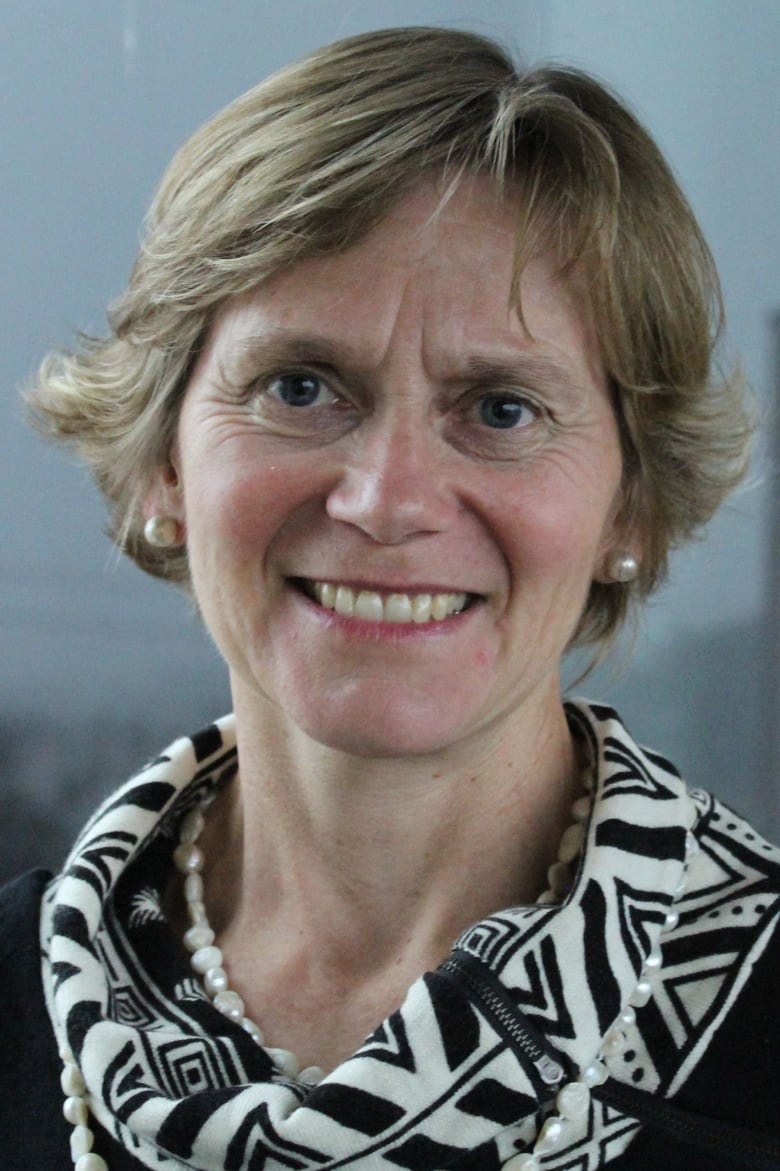Researcher says federal mental health funding is 'welcome news' for Waterloo region
Federal government investing $11.5 million to support mental health programs, including Black Canadians

The federal government announced Thursday that it is investing $11.5 million in organizations across the country to promote mental health and wellness in communities.
Part of that money will go toward the Promoting Health Equity: Mental Health of Black Canadians Fund. While $6.6 million will go toward the Public Health Agency of Canada's Mental Health Promotion Innovation Fund.
The extra funding is welcome news for Barb Riley, scientific director of the Knowledge Development and Exchange Hub (KDE Hub), located at Renison University College at the University of Waterloo.
"As a citizen, I feel pretty proud to be part of a country that says, 'You know what? Inclusion, diversity, mental health promotion, it all matters.'" Riley said in an interview with CBC News.
The KDE Hub Riley works with aims to support research across projects across the country and help promote mental health awareness in Canada.
She says the extra funding is great news, especially in the middle of a pandemic and a time when the country is grappling with civil unrest.
"This is not a knee jerk reaction from the federal government. These issues, these systemic issues be it racism, bullying, discrimination, those systemic issues are determinants of health," she said.
"It's only reinforced the importance of making sure we stop or prevent mental health problems before they even start and prevent them from getting worse."
'Poor mental health outcomes' during pandemic

In a press conference Thursday, federal Health Minister Patty Hajdu said the funding will help provinces and territories help support organizations that promote mental health awareness.
"Early on, we knew that COVID-19 and the kinds of ways that we were going to combat it would lead to an increasing experience of poor mental health outcomes for youth [and] for many, many people," she said.
Hajdu mentioned that the government has launched a national online portal for people to access for mental health support.
The website, called Wellness Together Canada, includes a five-minute self-assessment and numbers for people to call or text to receive mental health help.
Hajdu also said she is concerned about the increasing rate of opioid overdoses and substance and alcohol use during the pandemic.
"This is an area of focus for me that's profoundly important because getting through COVID-19 physically is one thing, and we also have to make sure we're making the right investments with the right partners," Hajdu said.
"To reach people, to support them through the pandemic and the recovery stage afterwards."
Funds will 'support mental health programs'
Riley says the new investment will also help the KDE Hub further support 20 projects it is working on with organizations across the country.
Riley says she thinks the Public Health Agency of Canada and the federal government are going "beyond words" to help invest in the mental health of different communities.
"These investments are about creating the conditions in the first place for positive mental health, for individuals, for communities," she said.

Comments
To encourage thoughtful and respectful conversations, first and last names will appear with each submission to CBC/Radio-Canada's online communities (except in children and youth-oriented communities). Pseudonyms will no longer be permitted.
By submitting a comment, you accept that CBC has the right to reproduce and publish that comment in whole or in part, in any manner CBC chooses. Please note that CBC does not endorse the opinions expressed in comments. Comments on this story are moderated according to our Submission Guidelines. Comments are welcome while open. We reserve the right to close comments at any time.
Become a CBC Member
Join the conversation Create account
Already have an account?